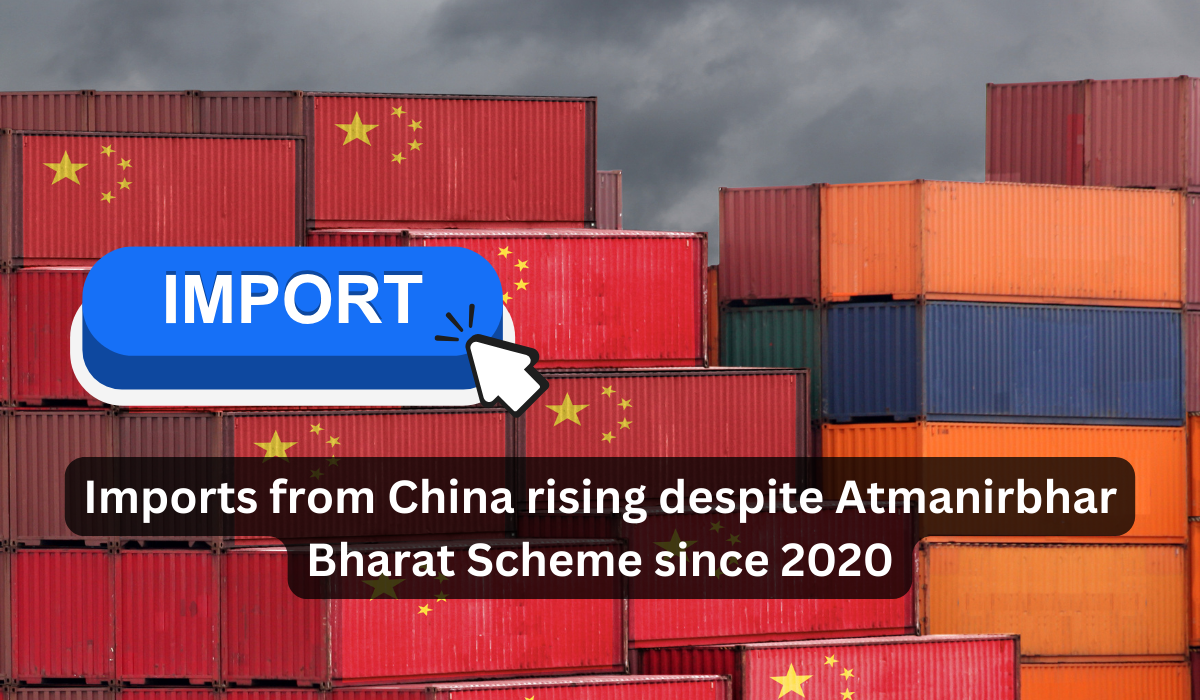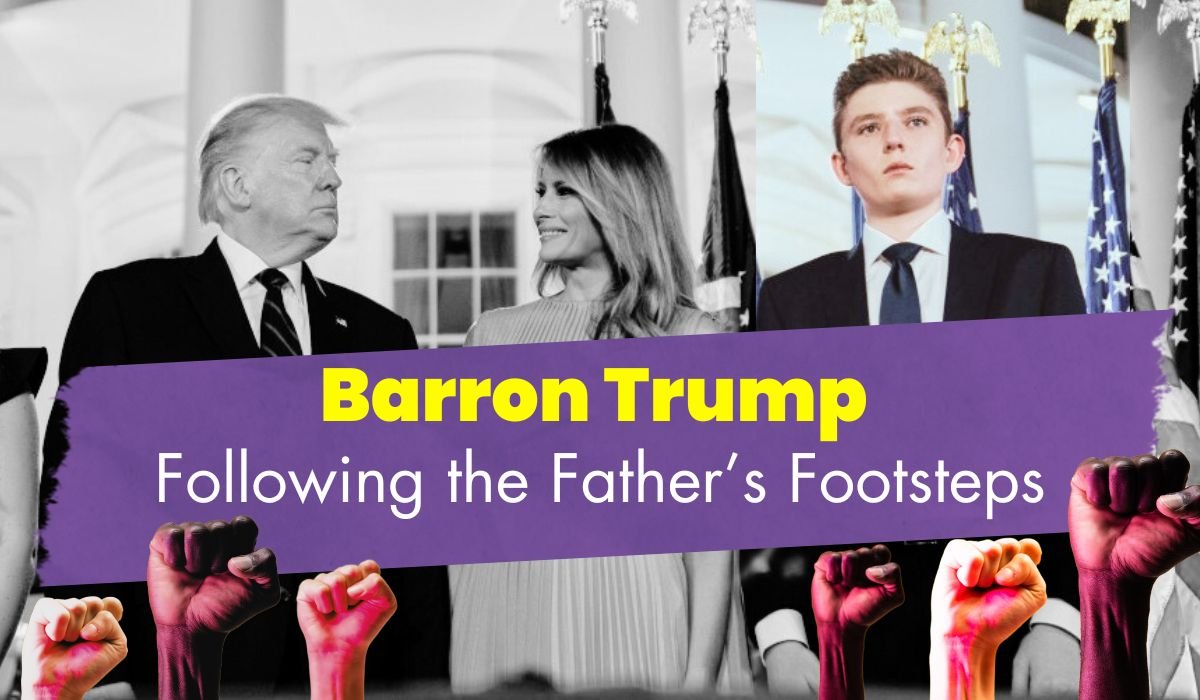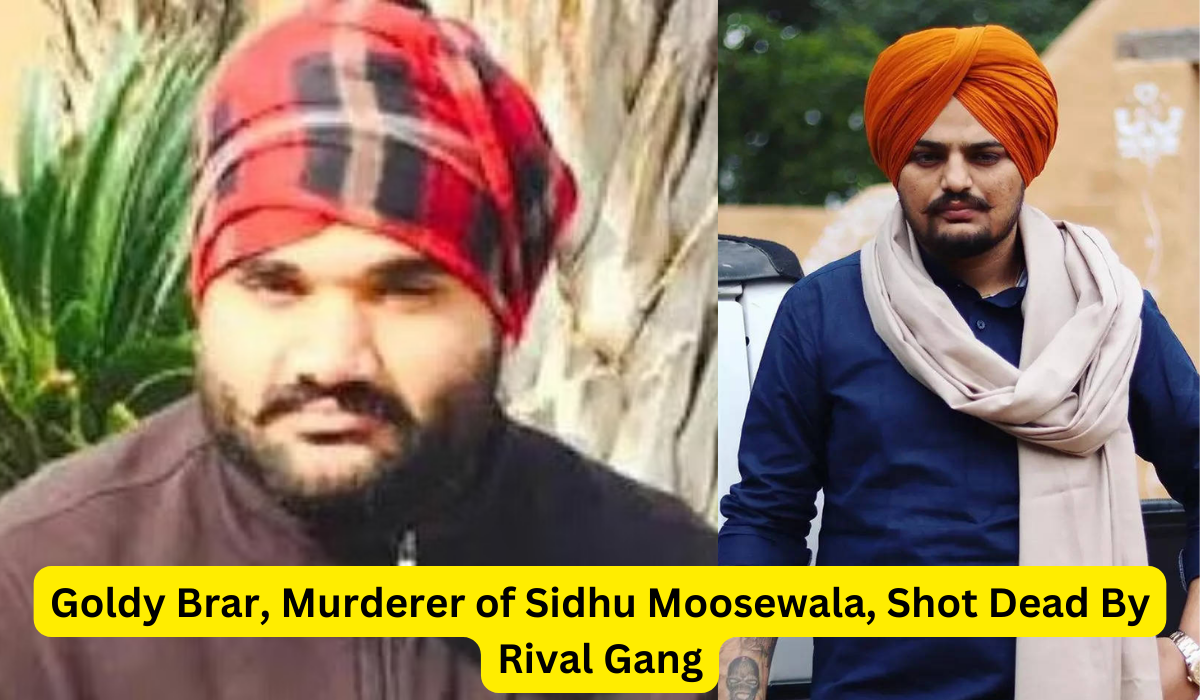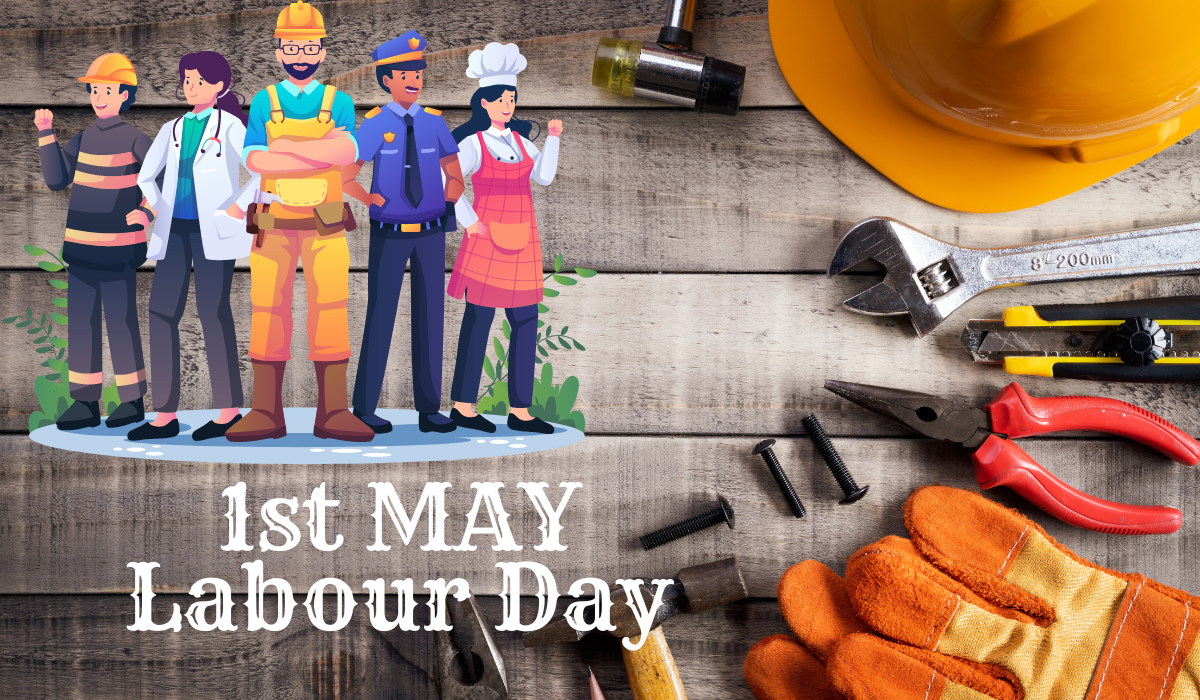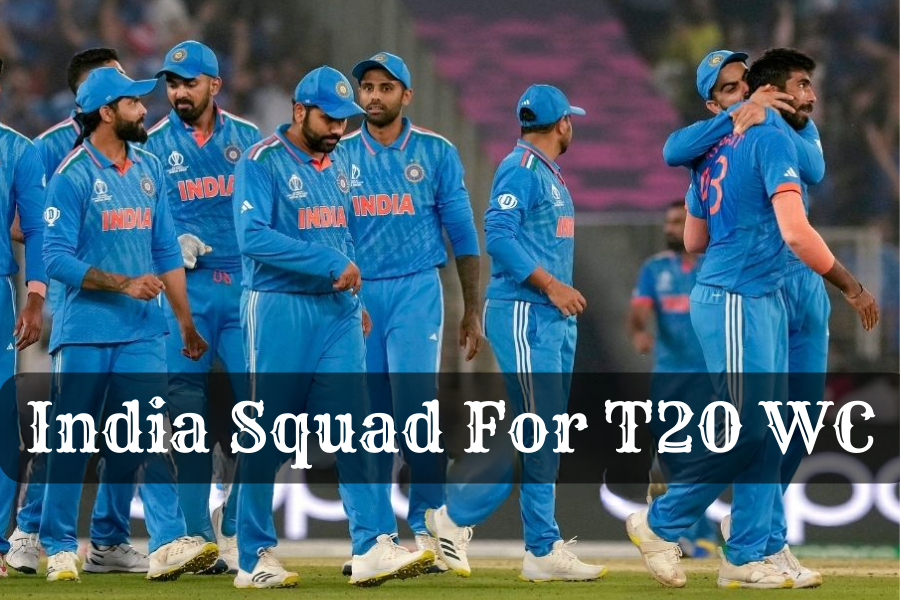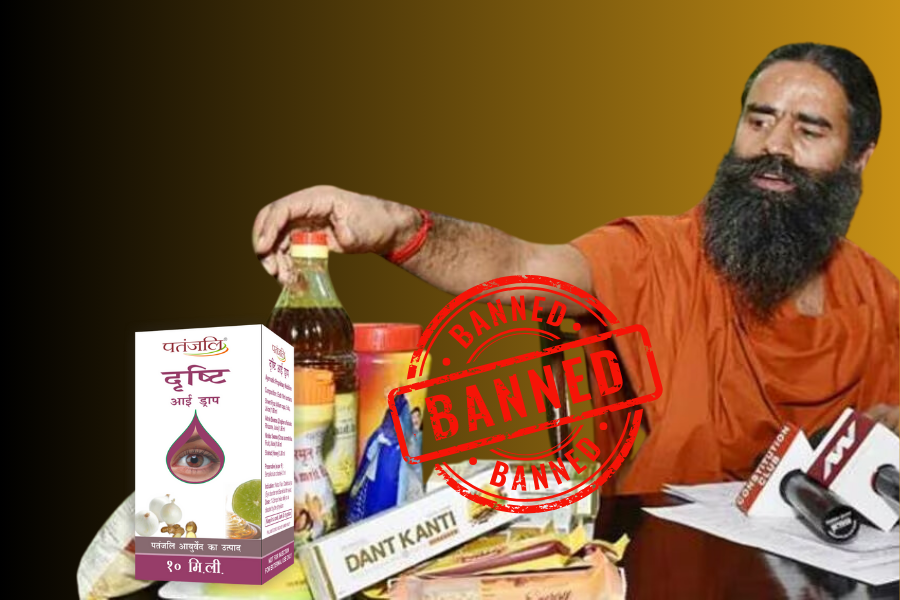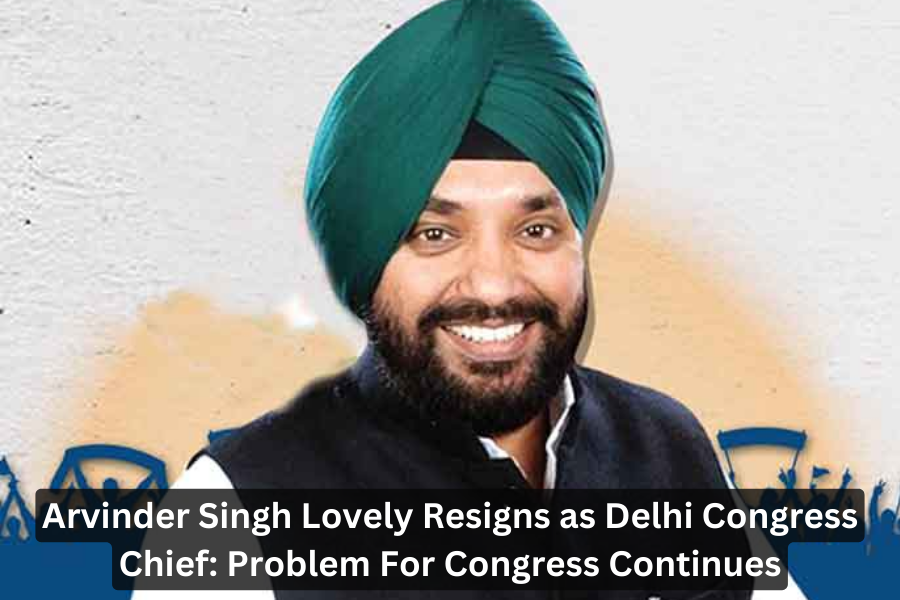“Munawar Faruqui Detained in Mumbai Hookah Bar Raid With 13 Others: A Wake-up Call for Indian Star Influencers”
Posted on : March 27, 2024 By Santo
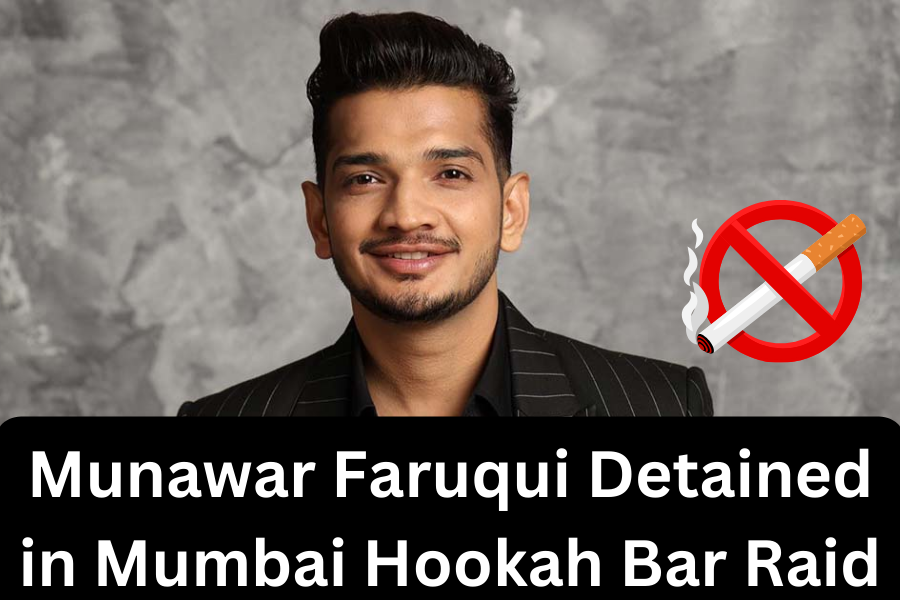
Munawar Faruqui Detained in Mumbai Hookah Bar Raid
In a recent incident in Mumbai, stand-up comedian Munawar Faruqui, along with 13 others, was briefly detained during a raid on a hookah bar. The Bigg Boss 17 winner was released after authorities registered a case against him. According to reports, Faruqui was charged under the Cigarettes and Other Tobacco Products Act, 2003 (COTPA, 2003). This legislation regulates the production, sale, distribution, and consumption of tobacco products in India.
Table of Contents
Concerning Trend of Illegal Activities Involving Indian Star Influencers
The incident involving Munawar Faruqui highlights a concerning trend where illegal activities involving Indian star influencers are becoming increasingly common. These individuals, who often have large followings and significant influence, are expected to adhere to the law and set a positive example for their audience.
During the raid on the hookah bar, conducted on Tuesday evening, Faruqui and the others present were detained and booked under COTPA, 2003. Subsequently, Faruqui underwent medical tests, which reportedly returned positive for the presence of prohibited substances. Senior police officials confirmed that Faruqui was permitted to leave following the necessary procedures.
The raid was initiated after authorities received information suggesting the use of nicotine in conjunction with tobacco products at the hookah establishment. As a result, the police seized a sum of Rs 4,400 in cash along with nine hookah pots valued at Rs 13,500. Further investigations into the matter are currently ongoing.
Read More About Munawar Faruqui Life
Understanding the Cigarettes and Other Tobacco Products Act, 2003 (COTPA 2003)
The Cigarettes and Other Tobacco Products Act, 2003 (COTPA, 2003) is an Indian legislation aimed at regulating the production, sale, distribution, and consumption of tobacco products across the country. Enacted to safeguard public health and reduce the harmful effects of tobacco use, COTPA, 2003 imposes various restrictions and provisions.
Key components of COTPA, 2003 include:
– Prohibition of smoking in public places: The act prohibits smoking in public places, including workplaces, educational institutions, public transport, and more. Designated smoking areas may be permitted under specific conditions.
– Regulation of tobacco advertising, promotion, and sponsorship: COTPA, 2003 restricts the advertising, promotion, and sponsorship of tobacco products to protect individuals, especially youth, from exposure to tobacco-related marketing.
– Packaging and labeling requirements: The act mandates specific packaging and labeling requirements for tobacco products, including health warnings covering a significant portion of the packaging to inform consumers about the health risks associated with tobacco use.
– Prohibition of sale to minors: COTPA, 2003 prohibits the sale of tobacco products to individuals below the age of 18 years to prevent youth initiation and discourage underage tobacco consumption.
– Regulation of hookah bars: The legislation also regulates hookah bars and establishments serving tobacco-related products to ensure compliance with applicable laws and regulations.
By implementing stringent measures under COTPA, 2003, the Indian government aims to reduce tobacco consumption, protect public health, and create a tobacco-free environment for its citizens.
Impact of Recent Illegal Activities by Indian Influencers on Youth
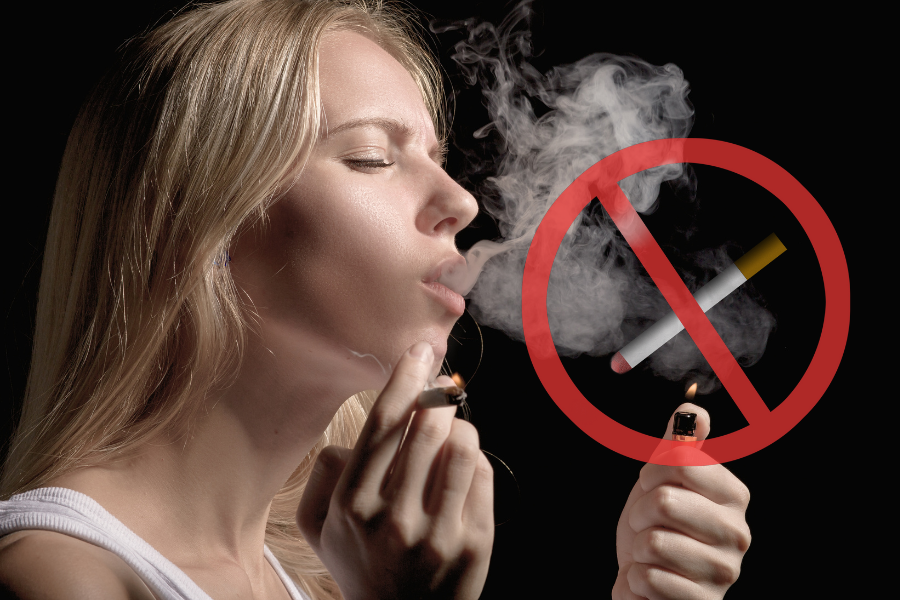
The recent surge in illegal activities involving Indian influencers has raised concerns about its impact on the youth who look up to them. These influencers, often revered for their fame and influence, hold a significant sway over their followers, particularly the younger demographic.
However, their involvement in unlawful behavior sends a troubling message to impressionable minds and can have detrimental effects on their behavior and attitudes. When prominent figures like Munawar Faruqui, a Bigg Boss winner and stand-up comedian, are found engaging in illegal activities such as violating COTPA, 2003, it undermines the trust and admiration placed in them by their followers, especially the youth.
This disillusionment can lead to a loss of faith in role models and authority figures, potentially resulting in a disregard for societal norms and laws. Moreover, the glorification of illegal behavior by influencers can distort the perception of what constitutes acceptable conduct among their followers, particularly the impressionable youth.
When influencers are seen flouting laws without facing significant consequences, it normalizes such behavior and may inadvertently encourage their followers to emulate similar actions, unaware of the potential legal and social repercussions. Furthermore, the association of influencers with unlawful activities tarnishes their reputation and credibility, diminishing their effectiveness as positive influencers and mentors to the youth.
Instead of serving as role models promoting responsible and ethical behavior, they become cautionary tales highlighting the pitfalls of fame and influence. In essence, the recent spate of illegal activities involving Indian influencers not only undermines the trust and confidence of their followers but also perpetuates a culture where unlawful behavior is normalized and glamorized.
To mitigate these adverse effects, it is imperative for influencers to uphold ethical standards and act as responsible ambassadors for their audience, especially the impressionable youth who look to them for guidance and inspiration.
Share this articlePosted on : March 27, 2024 By Santo
Join Our Club

"Stay Informed, Stay Ahead – Join Our Club Today!"
